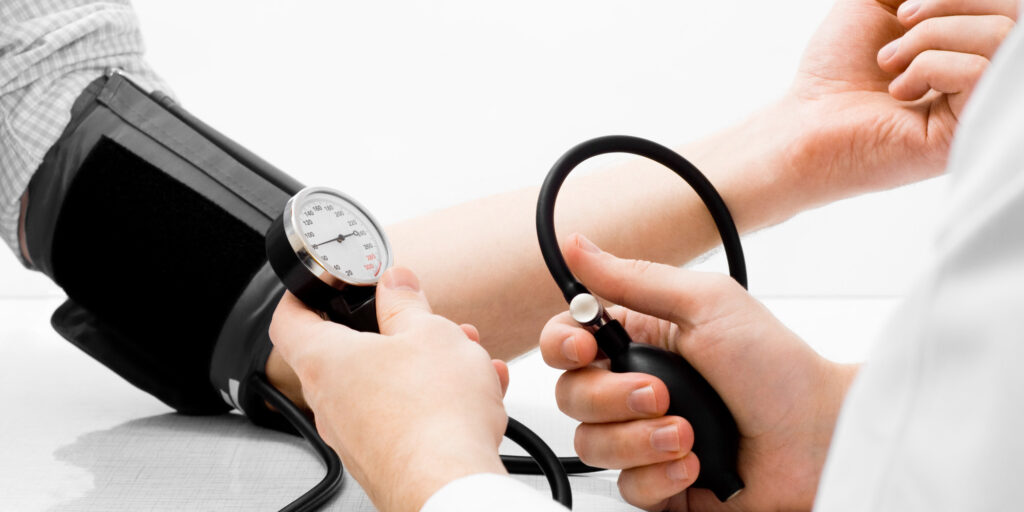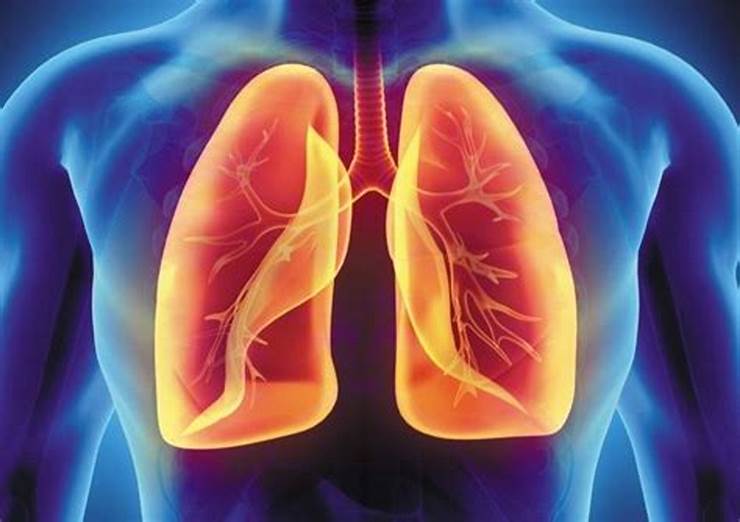Did you know that hypertension, also known as high blood pressure, silently affects over a billion people worldwide, leaving them vulnerable to heart disease and stroke? Shockingly, it often goes undetected and untreated, causing irreversible harm to our health. But fear not! In this blog post, we’ll take a deep dive into everything you need to know about hypertension, from exploring the causes and risk factors to measuring blood pressure accurately and discovering how to prevent and manage this condition. We’ll also shed light on the importance of hypertension awareness and advocacy, empowering you with practical tips and resources to take action. Whether you’re living with hypertension or simply interested in improving your well-being, this post will arm you with powerful insights and strategies to boost your health. So, let’s embark on a journey into the world of hypertension and discover how to conquer this stealthy foe.

What is Hypertension?
High blood pressure, also known as hypertension, is a serious and common condition that affects the body’s arteries. If you have hypertension, your blood is consistently pushing against your artery walls with too much force, making your heart work harder to pump blood. Blood pressure is measured in millimeters of mercury (mm Hg), with a reading of 130/80 mm Hg or higher indicating hypertension.
There are two types of hypertensions: primary and secondary:
- Primary hypertension is the most common type, and its cause is often unknown.
- Secondary hypertension is caused by an underlying medical condition, such as kidney disease or thyroid problems.
Several factors can increase your risk of developing hypertension, including age, family history, obesity, smoking, and a sedentary lifestyle. If left untreated or poorly managed, hypertension can lead to serious health complications, including heart disease, stroke, and kidney failure.
The complications of hypertension can be severe and sometimes fatal. Untreated or poorly managed hypertension can cause damage to your arteries and organs, including your heart, brain, and kidneys. This damage can lead to heart attacks, strokes, kidney failure, and other serious health problems.
Therefore, it’s crucial to take control of your cardiovascular health by understanding the causes, risk factors, and complications of hypertension. In this post, we’ll provide practical tips for prevention and management, as well as resources for early detection. Don’t let hypertension sneak up on you – read on to discover how to maintain healthy blood pressure levels and live a happier, healthier life.
Blood Pressure 101: What You Need to Understand the Reading.
Measuring your blood pressure is a simple and painless process that can be done at home or by a healthcare professional. A blood pressure cuff is wrapped around your upper arm and inflated to temporarily stop blood flow. As the cuff deflates, a healthcare provider listens for two sounds – the first sound is the systolic pressure, which is the pressure when the heart is contracting, and the second sound is the diastolic pressure, which is the pressure when the heart is relaxed. A blood pressure reading is expressed as two numbers, with the systolic pressure listed first. A normal blood pressure reading is around 120/80 mm Hg or lower, while a reading of 130/80 mm Hg or higher is considered high blood pressure.

Quick Tip: To get an accurate reading, it’s essential to follow some tips, such as avoiding caffeine and exercise before the reading, sitting quietly for at least five minutes beforehand, and ensuring that the cuff size is appropriate for your arm.
Myths about Hypertensions
| Myths | Facts | |
| As long as I don’t add too much salt to my food, I can eat what I want. | It helps to reduce your dietary sodium (e.g. Salt, poultry) intake to less than 2,400 mg a day and to follow the DASH (Dietary Approaches to Stop Hypertension) eating plan, which consists of a diet rich in fruits, vegetables and low-fat dairy products. | |
| Drinking Coffee can raise blood Pressure | It generally doesn’t — but alcohol can. | |
| There’s nothing I can do to prevent myself from having high blood pressure, if it runs in my family. | Lifestyle changes can reduce your risk. | |
| If my Blood pressure comes down on medication, I can stop taking it. | You should continue taking it. | |
| The signs of high Blood pressure are obvious | High Blood pressure has no symptoms. | |
Preventing and Managing Hypertension: Lifestyle Changes, Medication, and Monitoring.
Hypertension, or high blood pressure, affects over a billion people globally and is a significant risk factor for heart disease and stroke. To prevent and manage hypertension effectively, it’s essential to adopt healthy lifestyle habits, take medication as directed, and regularly monitor blood pressure levels. Here are some tips on how to do just that:
- Lifestyle Changes:
Making lifestyle changes is an essential step in preventing and managing hypertension. A healthy diet rich in fruits and vegetables, low in sodium, and avoiding smoking can significantly impact blood pressure. Additionally, regular physical activity and stress management techniques, such as meditation and deep breathing exercises, can help keep blood pressure in check.
- Medication:
If lifestyle changes alone are not enough to control blood pressure, medication may be necessary. It’s crucial to take medication as directed by your doctor and keep track of any side effects. Your doctor may need to adjust your medication or dosage depending on your blood pressure levels.
- Monitoring:
Regularly monitoring blood pressure levels is essential to detect any changes and adjust the treatment plan accordingly. It’s recommended to check blood pressure at least once a day, preferably at the same time each day. At-home blood pressure monitors are widely available and easy to use.
Hypertension Awareness:
The American Heart Association is an organization dedicated to increasing hypertension awareness and advocating for better management and treatment options. By sharing information about hypertension with your friends and family, participating in local events, and supporting online campaigns, you can help raise awareness and reduce the impact of hypertension on communities.
In conclusion, by taking steps to prevent and manage hypertension, you can significantly reduce your risk of serious health complications. By making healthy lifestyle changes, taking medication as directed, and monitoring blood pressure levels regularly, you can take control of your cardiovascular health and lead a happier, healthier life. Remember to seek medical attention if you have any concerns about your blood pressure or experience symptoms of hypertension. Early detection, prevention, and management are crucial in conquering hypertension and achieving better health outcomes for all.
References:
- Mayo Clinic, Understanding Hypertension, its Causes and Symptoms- High blood pressure (hypertension) – Symptoms and causes – Mayo Clinic .
- Facts and Myths about Hypertension- 10 Blood Pressure Myths and Facts You Need to Know – Keck Medicine of USC .
- Understanding and Combating Hypertension by World Health Organization(WHO)- Hypertension (who.int) .
- High Blood Pressure High Blood Pressure | American Heart Association
